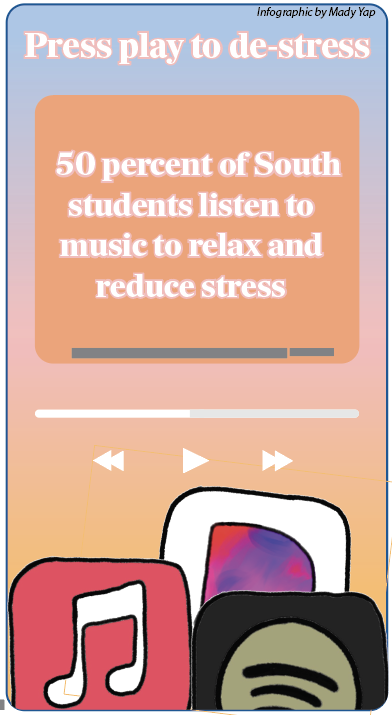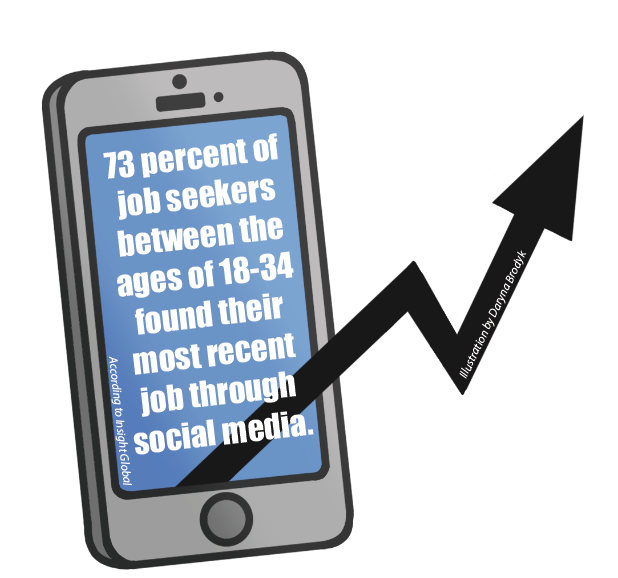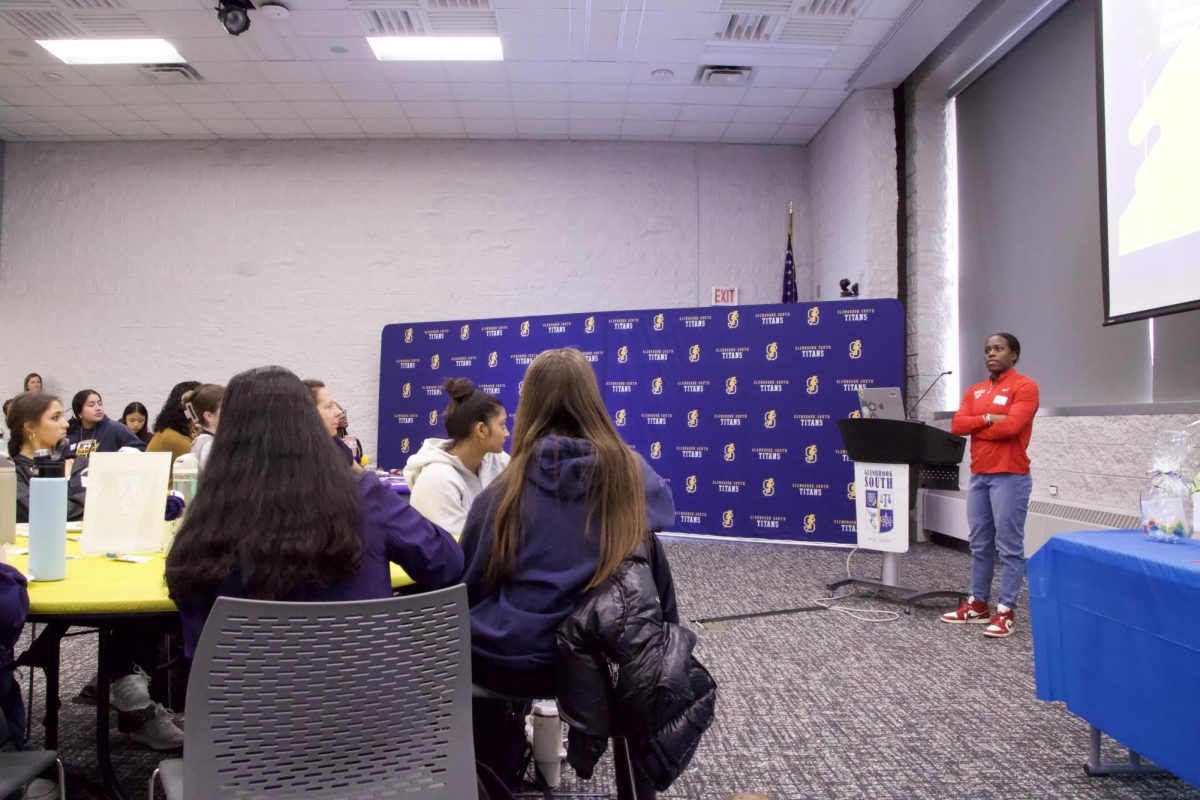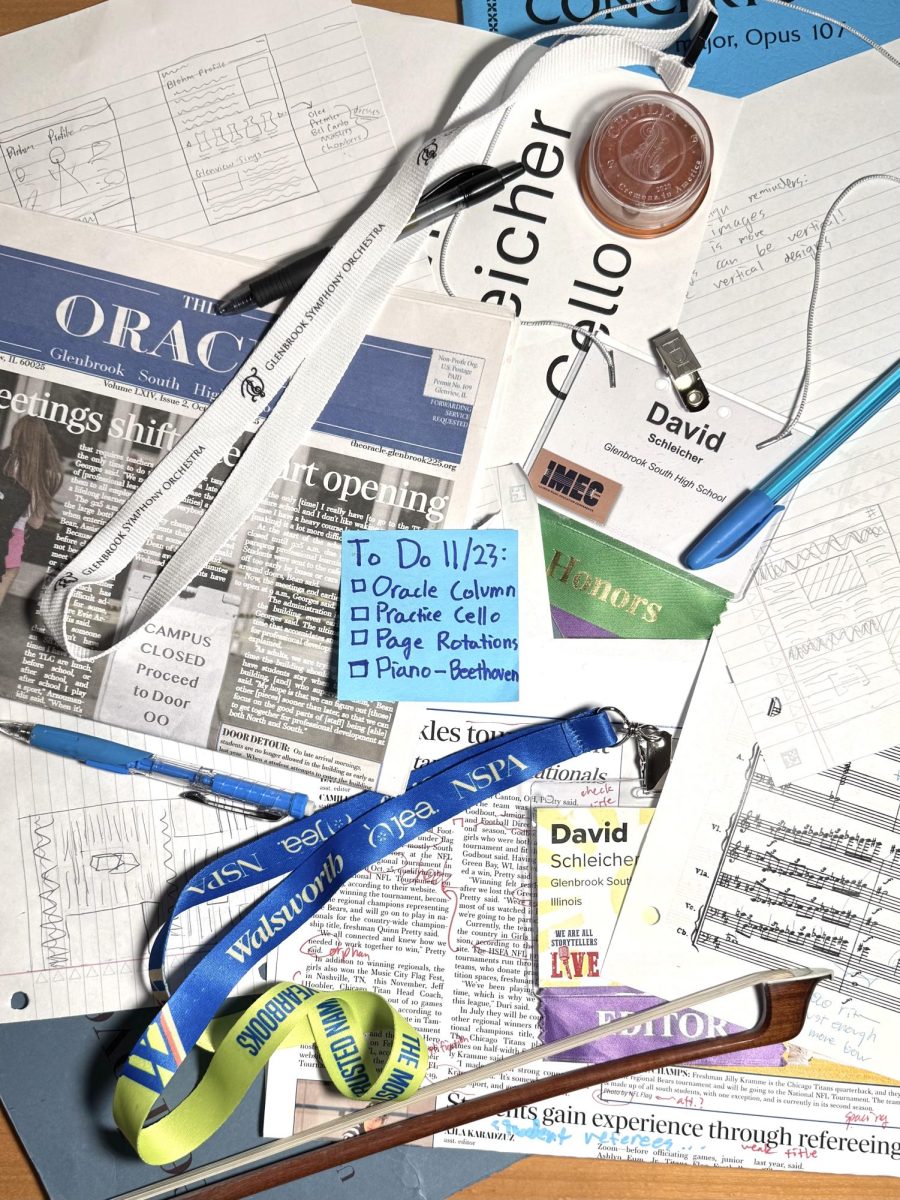The editorial expresses the majority opinion of The Oracle editorial board.
The Oracle Editorial Board is well aware that South is an academically competitive environment. However, with the easy grade access due to PowerSchool, we would like to remind guardians and students that grades are susceptible to change and should not be the cause of rash punishment nor discouragement. We would like to make sure that guardians are using PowerSchool in a way that benefits their child’s performance and well-being.
PARENTS:
South adopted a new online grading system, PowerSchool, in place of HomeLogic. Like past years with HomeLogic, South provided parent logins aside from student logins.
It has come to our attention that it is common practice for some guardians to check their students’ grades online on a regular basis. Though it is healthy to be involved with your student’s academic life, constantly checking PowerSchool may add unnecessary pressure on them.
The goal is that by senior year, guardians no longer check up on their student’s grades regularly, Principal Dr. Brian Wegley said. Similarly, the Parent’s Association has urged parents to use these web resources “as a tool, never as a club.”
While we understand that each guardian must employ a different philosophy depending on the needs of their student, it is in every student’s best interest to practice independently monitoring their own grades before they leave high school.
Grades are not the most important aspect of a high schooler’s experience. Although a student may be getting low grades, we would like to emphasize the ability students have to change them.
If it is still early in the quarter, one low grade will weigh heavily on the overall grade. It may be shocking to see a low grade on PowerSchool, but guardians must understand that grades can change drastically in a short period of time.
We are not encouraging guardians to be hands-off when it comes to students consistently getting low grades. Instead, we’d like to stress the importance of an understanding relationship between guardian and student. In any situation, communication is key. It is a guardian’s responsibility to listen to their student’s explanations of grades with patience and open-mindedness in order to encourage progress rather than punish unsatisfactory performance.
Overuse of PowerSchool on the guardians’ end may encourage students to focus solely on the grade rather than learning. Instead of saying, “Why do you have such a bad grade in this class?,” frame it as, “What can we do to improve your understanding of this subject?” A student should feel comfortable approaching their guardian with problems concerning their grades, not intimidated.
STUDENTS:
Like guardians, students shouldn’t be alarmed by low grades at the beginning of the year. Checking PowerSchool constantly may increase anxiety, especially early in the quarter when there are fewer grades in the grade book.
Freshmen especially must understand that getting low grades early in the quarter won’t determine your end result in a class. There is a stark difference between middle school classes and high school classes, a disparity that can often take a few months to get used to.
For students, PowerSchool should be a tool to keep a tab on assignments and gauge how well you understand the course material. If you catch yourself logging in every five minutes to check if your teacher put that last test grade in, you’re over-using that tool and stressing yourself out.
Although it’s important to stay on top of your grades, checking PowerSchool sparingly will allow for more focus on the content itself rather than the scores.
As students, you are ultimately in charge of your grades and have the power to change your final grade in a class. Let low grades push you to try harder next time and then move on. If you need help in a class, South has resources such as TLC tutoring with teachers or students. A student’s time at South is too short to be micro-managing grades on PowerSchool.



















